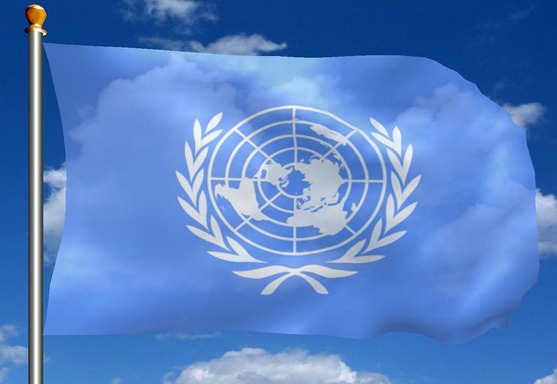Navi Pillay, U.N. High Commissioner for Human Rights, called for Cairo to urgently launch an independent and credible inquiry into what could be a “shoot-to-kill policy” by some Egyptian security forces.
“While migrants often lose their lives accidentally when travelling in over-crowded boats, or trying to cross remote land borders, I know of no other country where so many unarmed migrants and asylum seekers appear to have been deliberately killed in this way by government forces,” Pillay said.
Egyptian police have killed nine migrants this year, including an African man at the weekend, while at least 19 were killed last year. Dozens more have been wounded or have disappeared, according to her statement.
The victims, who include several women and at least one child, were all on the Egyptian side of the Sinai border with Israel.
The great majority killed since Egypt and Israel agreed to toughen border controls in the Sinai in July 2007 are from sub-Saharan Africa; mainly Eritrea, Sudan and Ethiopia.
“The sheer number of victims suggests that at least some Egyptian security officials have been operating a shoot-to-kill policy. It is unlikely that so many killings would occur otherwise. Sixty killings can hardly be an accident,” said Pillay, a former U.N. war crimes judge from South Africa.
Shootings stopped in the first half of 2009, and then resumed, strongly suggesting a pattern, she said. The fact that it was a highly sensitive border and a restricted military zone was “no excuse”.
“There needs to be clarity about what has occurred, what policies have been applied to migrants trying to cross this border and what specific orders have been given to security forces patrolling the area,” Pillay said.
The first known victim was Hadja Abbas Haroun, a 28-year-old Sudanese woman from Darfur, said to be pregnant at the time, Pillay’s spokesman Rupert Colville told a news briefing.
Israel has a large informal sector employing migrants, mainly from sub-Saharan Africa and the Horn of Africa, according to the International Organisation for Migration.
The Sinai border is a major transit route for African migrants and refugees seeking work or asylum in Israel. Egypt has come under pressure from Israel to staunch the flow, while rights groups complain about the methods of the border police.
Amnesty International called on Egypt earlier this month to check its border guards’ use of excessive force against unarmed migrants.
Security forces say they only fire at migrants after repeated orders to stop are disregarded and that smugglers who ferry migrants to the border sometimes fire on security forces.
By: Stephanie Nebehay, REUTERS




